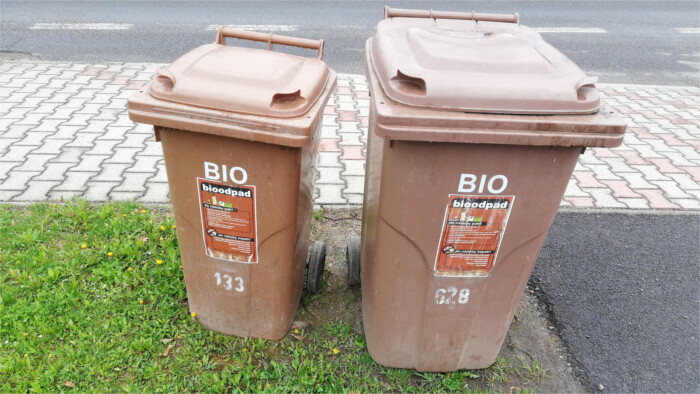Scientists from the Slovak Academy of Sciences and the Slovak Technical University in Bratislava developed a method for using kitchen waste in (bio)sensory applications for the early detection of diseases. The agri-food industry produces quantities of biowaste, which is generated in the production chain and subsequently also in the catering industry and households. By applying various physical and chemical treatments and activation methods, agro-food waste is transformed into carbonized biomass. It is among the materials used to modify screen-printed carbon electrochemical sensors. Its advantage lies in the simple preparation from renewable biomass. "Sensors made using the previously mentioned type of carbonaceous material are suitable for the detection of various target analytes/biomolecules at a very low concentration level with high sensitivity and selectivity. It is a complex solution that starts with the use of kitchen waste as an input material, through the development of printing composite dispersions to mass production printing of sensors," stated Alena Opálková Šišková from the Slovak Academy of Sciences Institute of Materials and Machine Mechanics.
Slovak scientists turn bio waste into disease sensors
09. 07. 2024 14:59 | Science and nature

Patrícia Polakovičová, Photo: TASR
